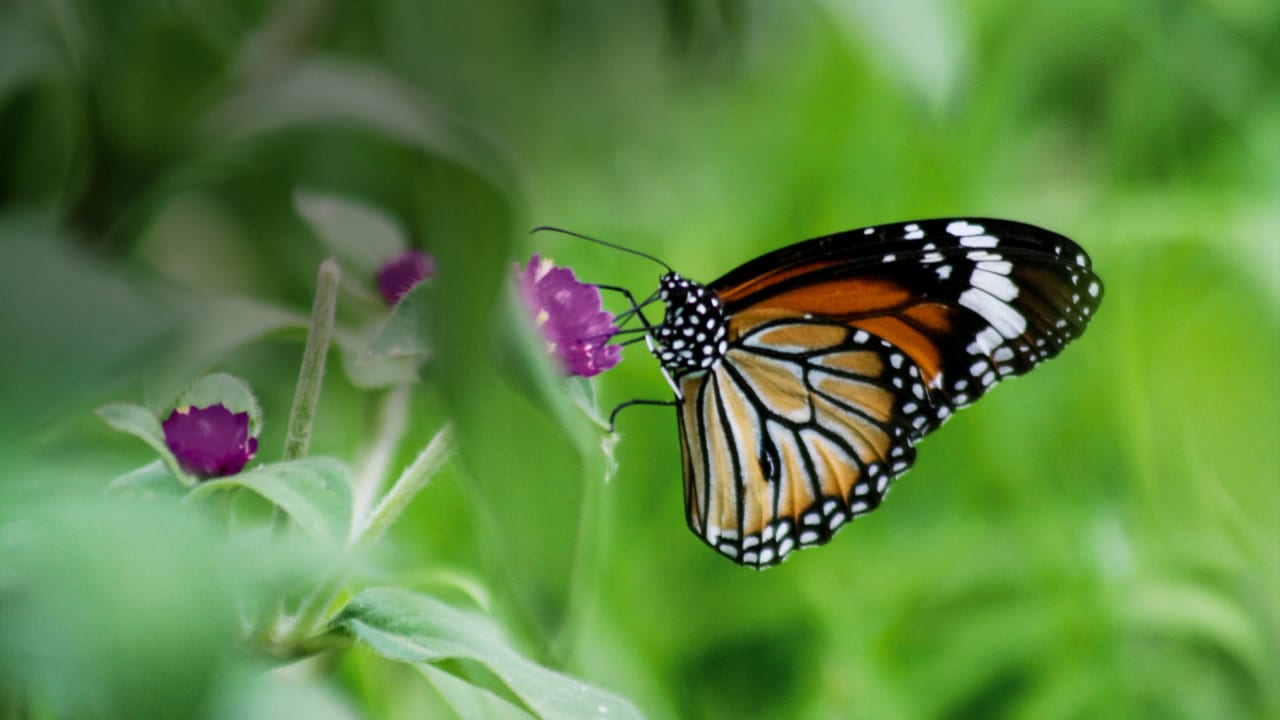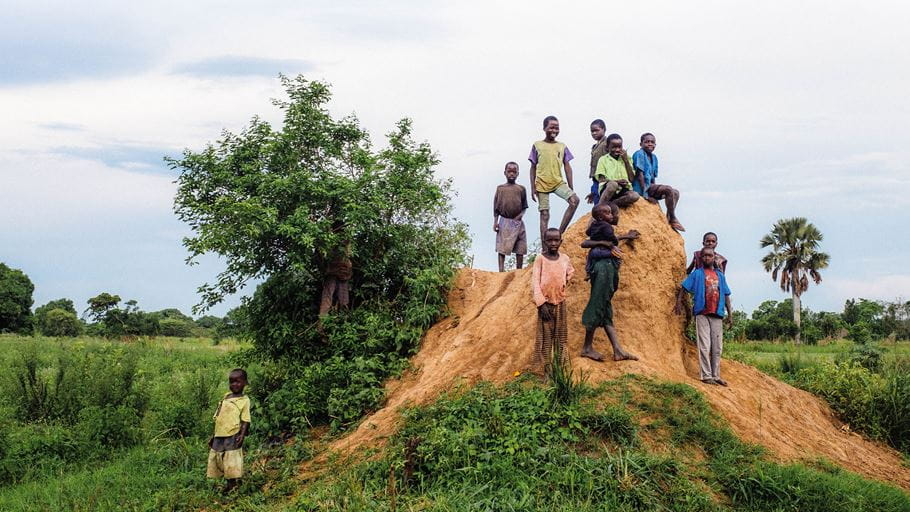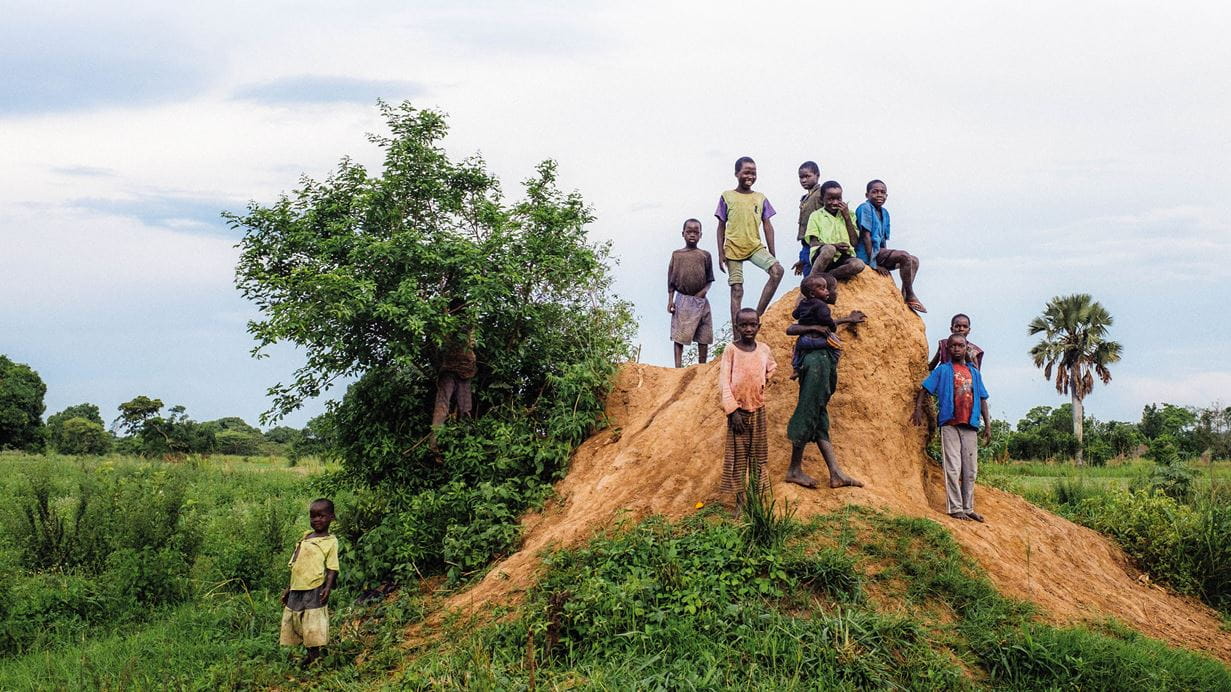Catching a grasshopper is not easy . They are fast and alert, and they jump or fly away when you approach them.
But my friend Tojo taught me a good method. Choose a long, thin bamboo stick and hold it high as you crouch down. When you see a grasshopper on the ground, creep slowly closer. Then thwip! Down comes the bamboo stick. If your aim is good, you stun the grasshopper and put it in your pocket.
This is what Tojo and I used to do during the morning break at primary school in Madagascar. He would take the grasshoppers home at lunchtime and bring them back in the afternoon, fried and seasoned. He would share them with me, and I would share my cracker mix in return.
I thought this was quite a fun activity, but I soon noticed that I was the only one who would join Tojo. In fact, the other children were laughing at him because his family could not even afford the little packets of cracker mix that the street vendors sold.
And so, after a while, we stopped catching grasshoppers. Tojo preferred to go hungry than to be laughed at for eating insects.
It was the other children who were missing out. Insects are an excellent source of protein and other nutrients. They might be a pest sometimes, but insects keep the natural world in working order. Whole ecosystems would fail if they were not there. These tiny creatures are vital to the future of life on our planet.












